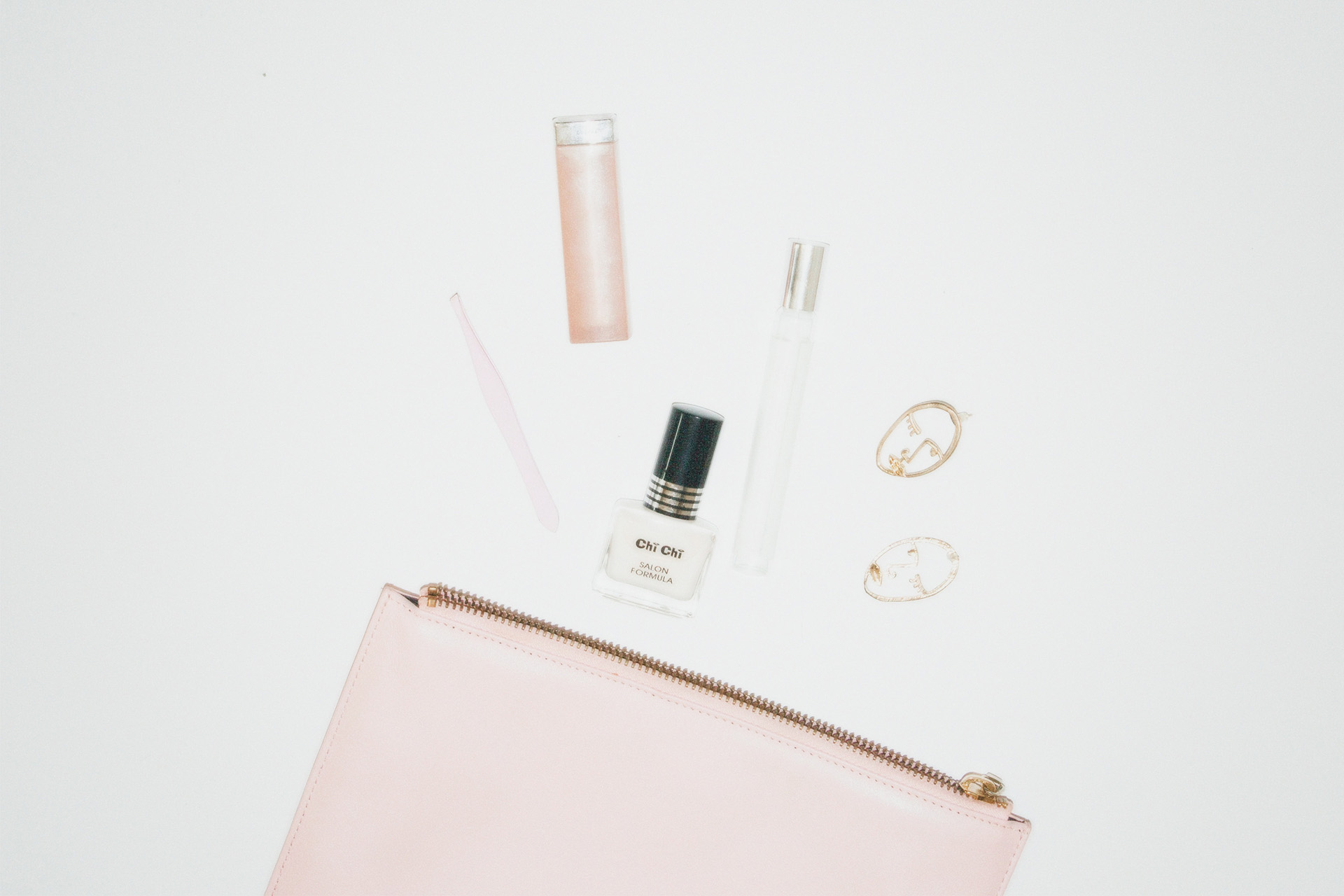Acne is a pervasive skin condition that affects millions of people worldwide, transcending age, gender, and skin type. While there are numerous treatments available, hormonal treatments have become increasingly popular, especially for those who suffer from persistent or severe acne. This comprehensive guide will delve into the intricacies of hormonal treatments for acne, exploring their benefits, potential side effects, and how they work to combat this common skin issue.
Understanding Hormonal Acne
What is Hormonal Acne?
Hormonal acne, as the name suggests, is acne that is primarily influenced by hormonal fluctuations. It is most commonly seen in women, particularly during periods of menstruation, pregnancy, or menopause. Hormonal acne typically manifests in the form of cysts and nodules around the jawline, chin, and lower cheeks, although it can appear in other areas as well.
Causes of Hormonal Acne
Hormonal acne is driven by changes in hormone levels, particularly androgens such as testosterone. These hormones can increase the production of sebum (oil) in the skin, leading to clogged pores and the proliferation of acne-causing bacteria. Factors that can influence hormonal levels include:
- Menstrual Cycle: Fluctuations in estrogen and progesterone levels can trigger acne flare-ups.
- Polycystic Ovary Syndrome (PCOS): This condition leads to higher levels of androgens, which can exacerbate acne.
- Pregnancy: Hormonal changes during pregnancy can cause acne to worsen or improve.
- Menopause: Decreasing estrogen levels and changes in androgen levels can lead to acne.
Types of Hormonal Treatments for Acne
Oral Contraceptives
Oral contraceptives, commonly known as birth control pills, are a popular hormonal treatment for acne. These pills contain synthetic forms of estrogen and progesterone, which help regulate hormone levels and reduce the production of androgens.
How They Work
Oral contraceptives work by:
- Regulating Hormones: They help balance estrogen and progesterone levels, which can reduce sebum production.
- Reducing Androgens: By decreasing androgen levels, oral contraceptives minimize the stimulation of sebaceous glands.
Popular Options
- Combination Pills: Contain both estrogen and progesterone (e.g., Ortho Tri-Cyclen, Yaz, and Estrostep).
- Progestin-Only Pills: Less commonly used for acne, but can be effective in some cases.
Benefits
- Effective for Hormonal Acne: Particularly beneficial for women with cyclical breakouts.
- Additional Benefits: Can regulate menstrual cycles and reduce symptoms of PCOS.
Potential Side Effects
- Weight Gain
- Mood Changes
- Increased Risk of Blood Clots
- Breast Tenderness
Spironolactone
Spironolactone is an oral medication primarily used as a diuretic but is also effective in treating hormonal acne due to its anti-androgen properties.
How It Works
Spironolactone works by:
- Blocking Androgen Receptors: It prevents androgens from stimulating the sebaceous glands.
- Reducing Sebum Production: Decreases oil production, leading to fewer clogged pores.
Benefits
- Highly Effective: Especially for women with severe hormonal acne.
- Dual Purpose: Also used to treat hirsutism (excessive hair growth).
Potential Side Effects
- Diuretic Effects: Increased urination.
- Electrolyte Imbalances: Can affect potassium levels.
- Menstrual Irregularities
- Breast Tenderness
Anti-Androgen Medications
Other anti-androgen medications, such as flutamide and cyproterone acetate, are sometimes used to treat hormonal acne, though they are less common than spironolactone.
How They Work
- Inhibit Androgen Production: These medications reduce the production of androgens, decreasing sebum production and acne formation.
Benefits
- Effective for Severe Cases: Can be a good option for those who do not respond to other treatments.
Potential Side Effects
- Liver Toxicity: Particularly with flutamide.
- Menstrual Irregularities
- Breast Tenderness
Hormone Replacement Therapy (HRT)
Hormone replacement therapy, often used during menopause, can also help manage hormonal acne by balancing estrogen levels.
How It Works
- Balances Estrogen Levels: Helps counteract the effects of decreasing estrogen and fluctuating androgens during menopause.
Benefits
- Effective for Menopausal Women: Can reduce both acne and other menopausal symptoms.
Potential Side Effects
- Increased Risk of Certain Cancers
- Blood Clots
- Breast Tenderness
Topical Hormonal Treatments
While oral medications are more commonly used for hormonal acne, some topical treatments can also help by targeting hormonal pathways in the skin.
Topical Anti-Androgens
Topical anti-androgens, such as clascoterone, are emerging as new treatments for hormonal acne.
How They Work
- Block Androgens in the Skin: These medications prevent androgens from binding to receptors in the sebaceous glands.
Benefits
- Fewer Systemic Side Effects: Since they are applied topically, they have a lower risk of systemic side effects compared to oral medications.
Potential Side Effects
- Local Irritation: Redness, dryness, and irritation at the application site.
Natural and Lifestyle Approaches
In addition to pharmaceutical treatments, certain lifestyle changes and natural remedies can help manage hormonal acne.
Diet
Diet plays a significant role in hormonal balance and acne. Some dietary changes that may help include:
- Reducing Dairy: Dairy products can increase insulin and IGF-1 levels, which can exacerbate acne.
- Lowering Sugar Intake: High sugar intake can spike insulin levels, leading to increased sebum production.
- Increasing Omega-3 Fatty Acids: Found in fish and flaxseeds, omega-3s can reduce inflammation and help balance hormones.
Stress Management
Stress can lead to hormonal imbalances that trigger acne. Techniques to manage stress include:
- Exercise: Regular physical activity can help reduce stress and regulate hormones.
- Mindfulness and Meditation: Practices like yoga and meditation can help manage stress levels.
- Adequate Sleep: Ensuring sufficient sleep helps maintain hormonal balance.
Skincare Routine
A proper skincare routine is essential for managing acne, including hormonal acne.
- Gentle Cleansing: Use a gentle cleanser to avoid irritating the skin.
- Non-Comedogenic Products: Ensure all skincare and makeup products are non-comedogenic (won’t clog pores).
- Consistent Routine: Stick to a consistent skincare routine to maintain skin health.
Potential Risks and Considerations
Antibiotic Resistance
When antibiotics are used in conjunction with hormonal treatments, there is a risk of developing antibiotic resistance. It is crucial to follow the prescribed treatment plan and not overuse antibiotics.
Long-Term Use
Long-term use of hormonal treatments can have potential side effects, such as:
- Increased Risk of Blood Clots: Particularly with oral contraceptives.
- Liver Toxicity: Especially with certain anti-androgen medications.
Individual Variability
Hormonal treatments may not work for everyone. It is essential to consult with a healthcare provider to determine the most appropriate treatment plan based on individual needs and medical history.
Conclusion
Hormonal treatments offer a powerful tool in the fight against acne, particularly for those whose breakouts are driven by hormonal fluctuations. Whether through oral contraceptives, anti-androgen medications, or lifestyle changes, there are numerous ways to tackle hormonal acne effectively. However, it is crucial to approach treatment with a comprehensive understanding of the potential benefits and risks. Consulting with a healthcare provider is essential to develop a personalized treatment plan that addresses both the symptoms and underlying causes of hormonal acne. With the right approach, managing hormonal acne can lead to clearer, healthier skin and improved overall well-being.


